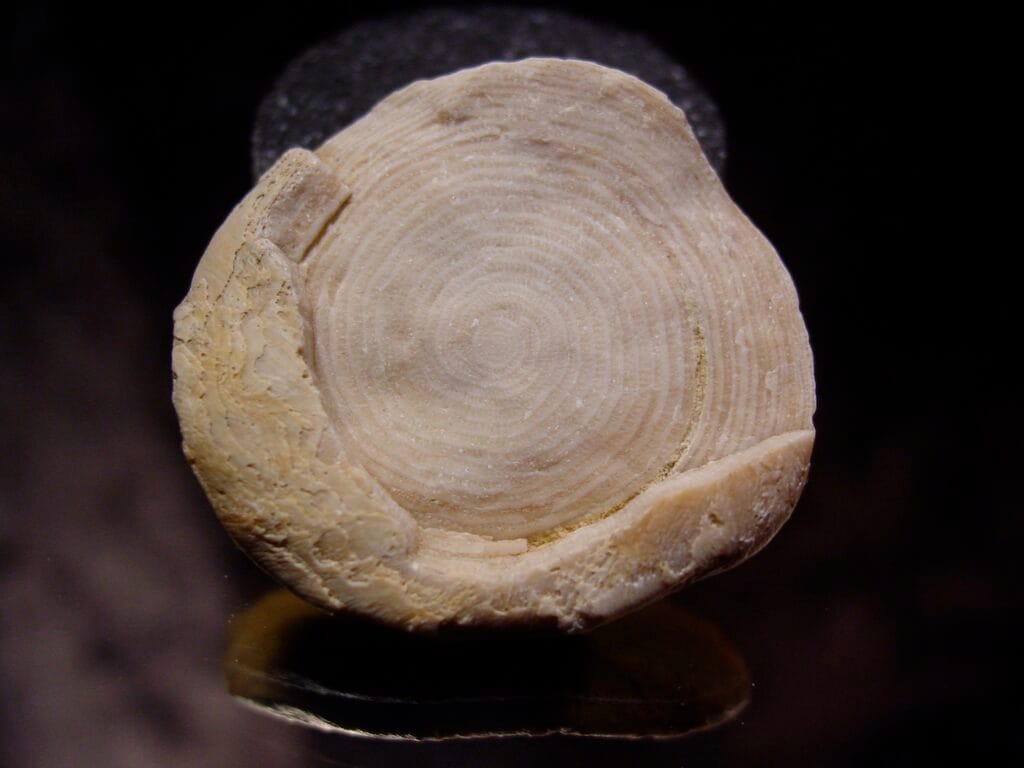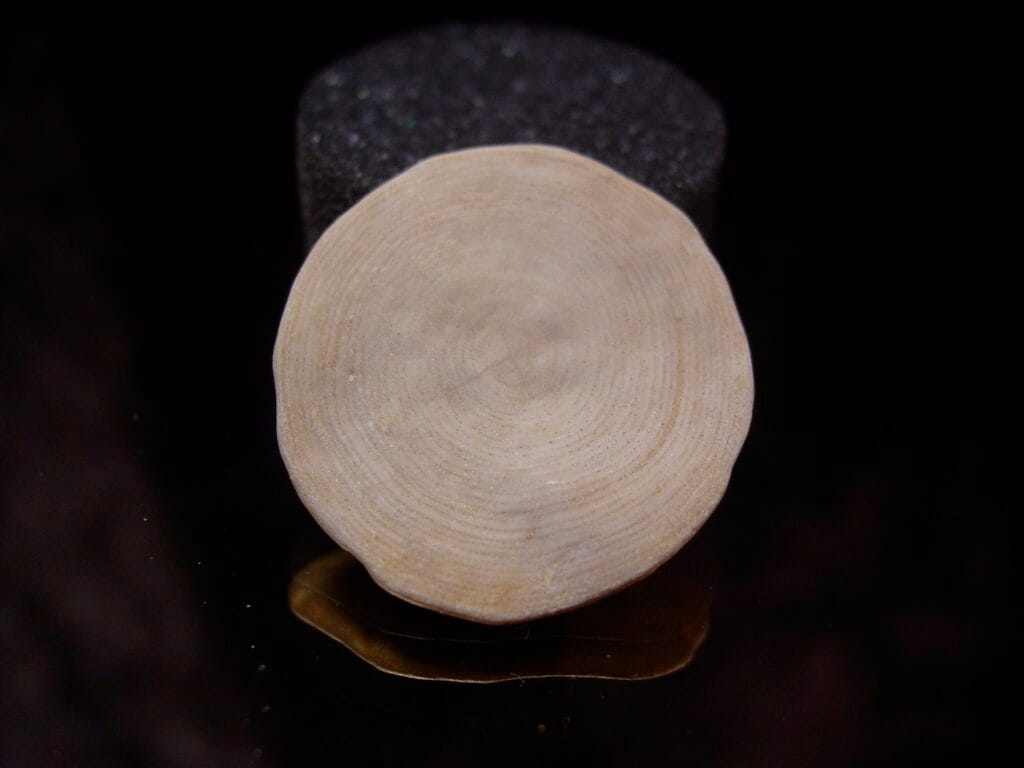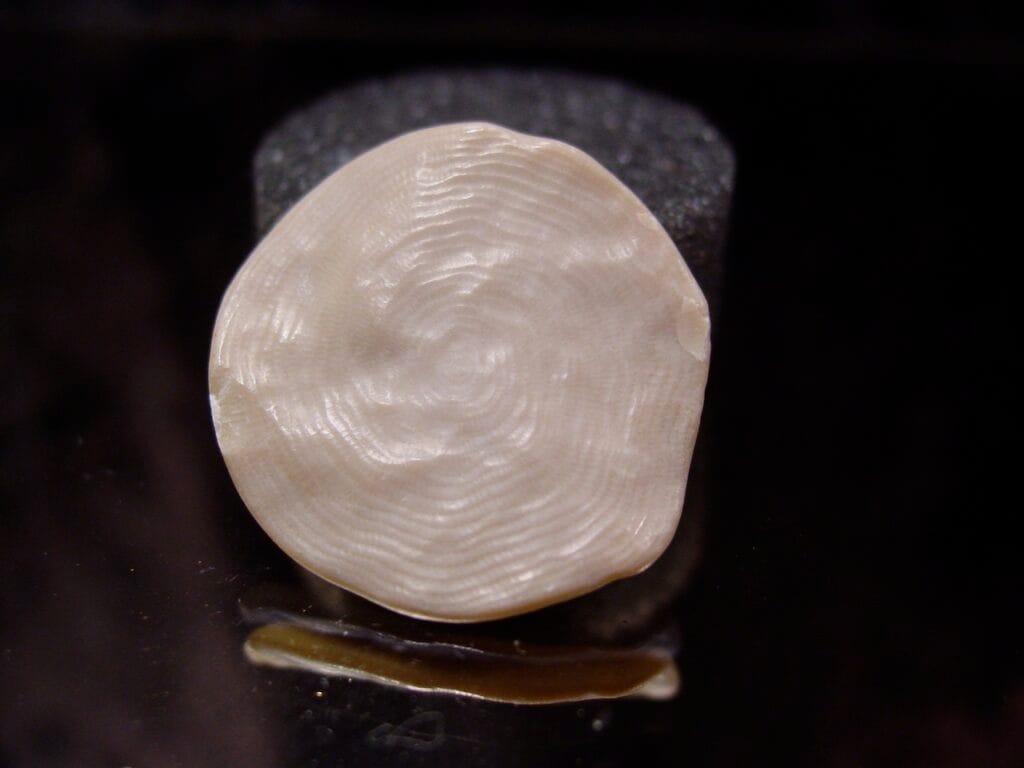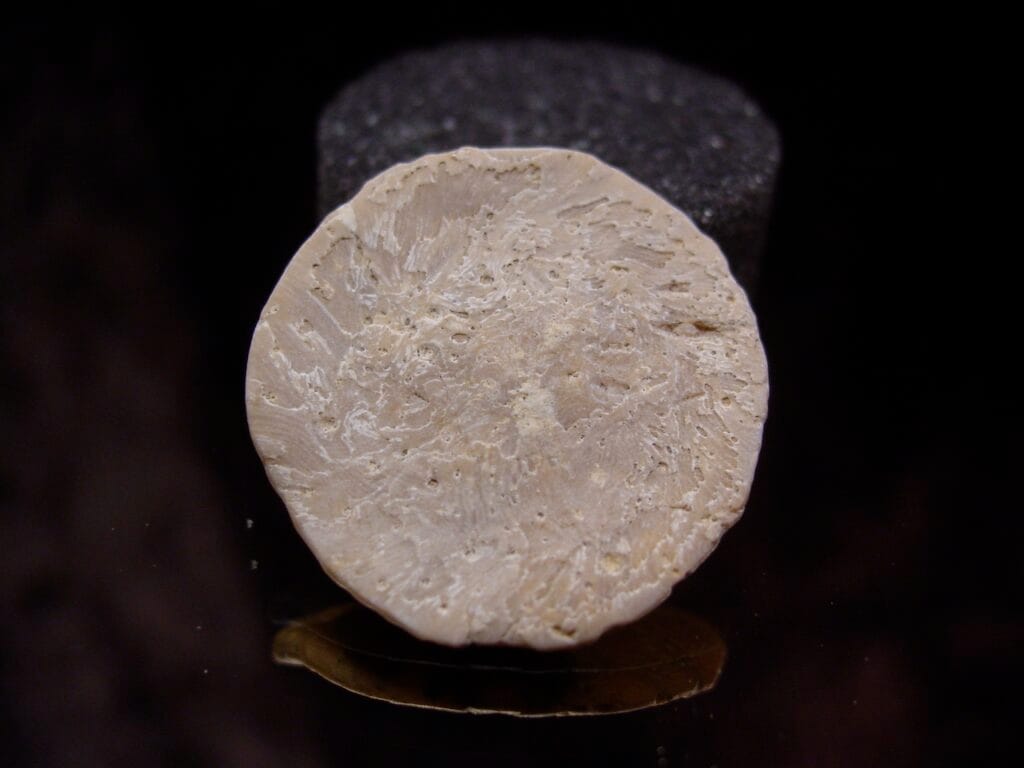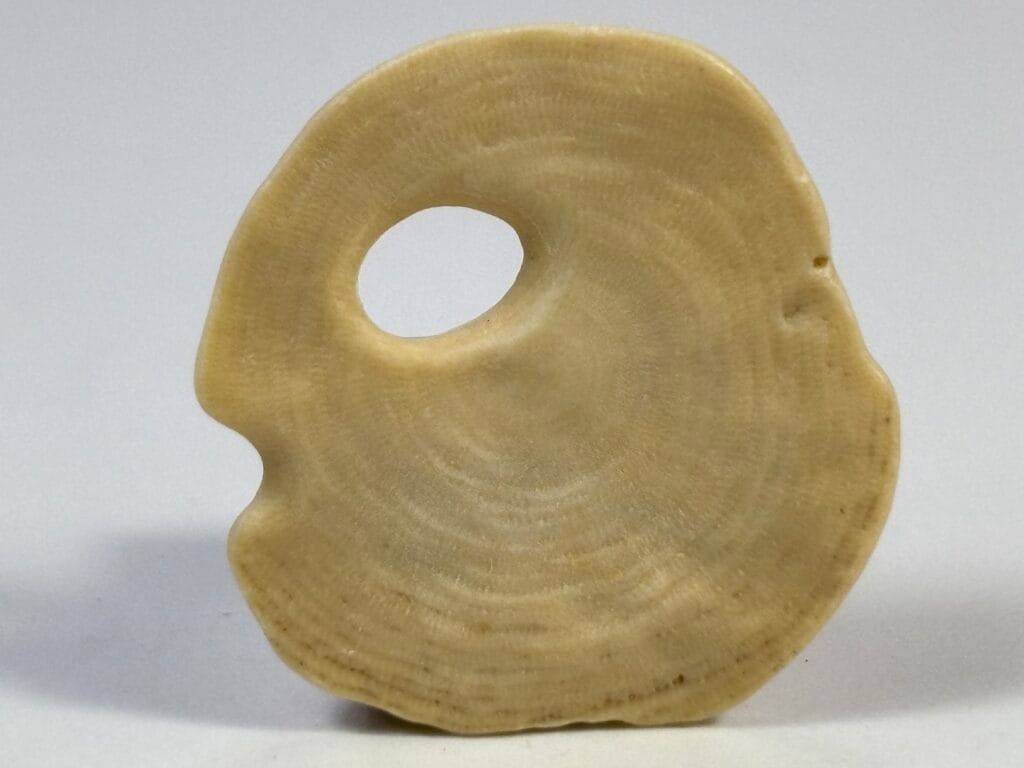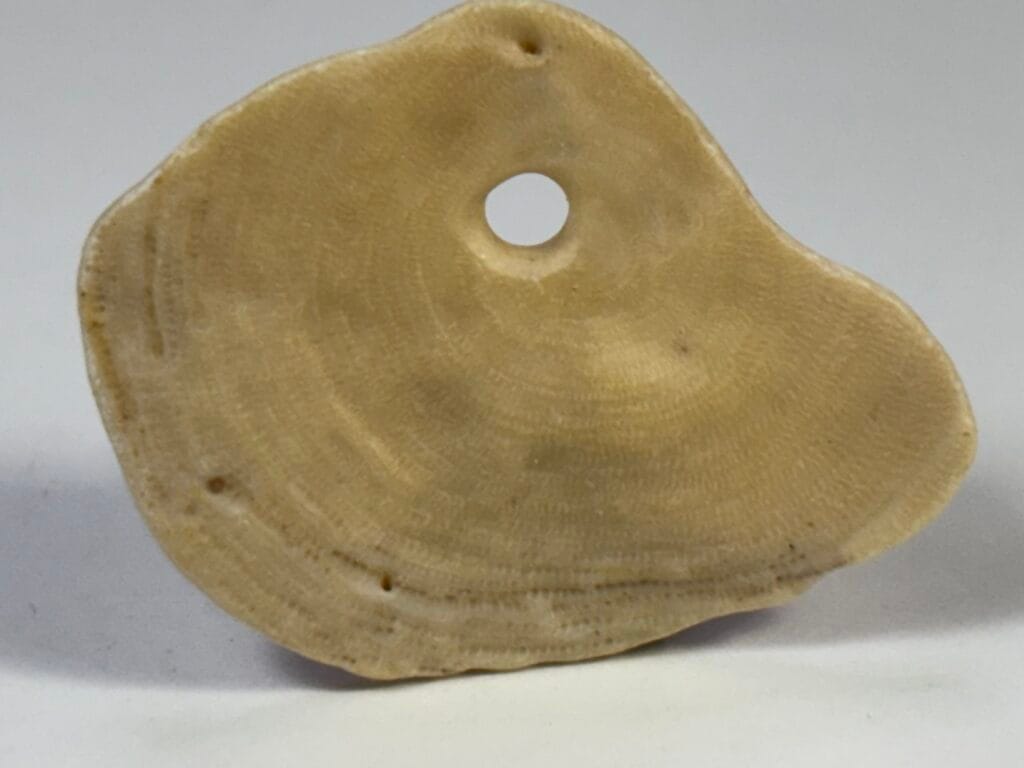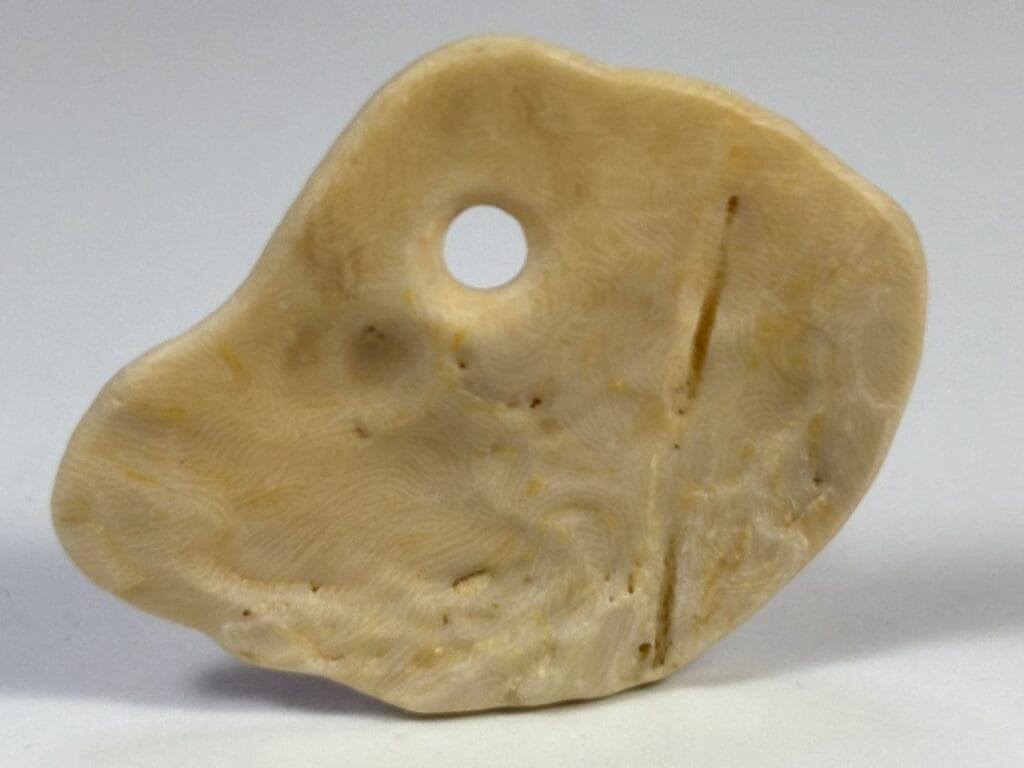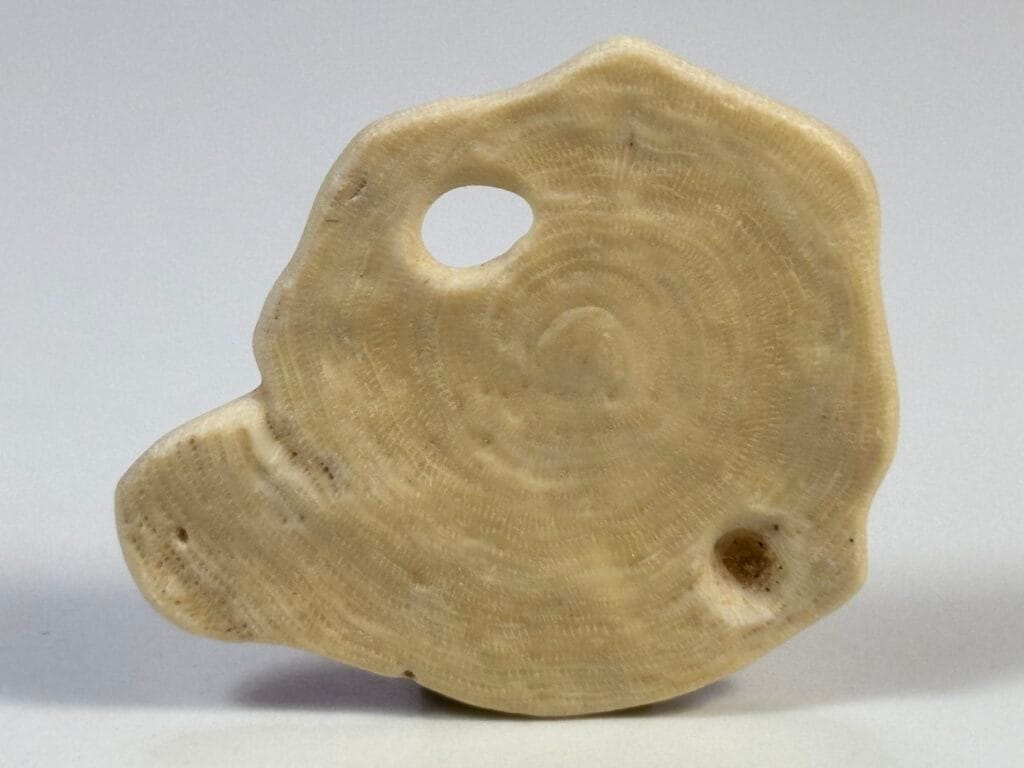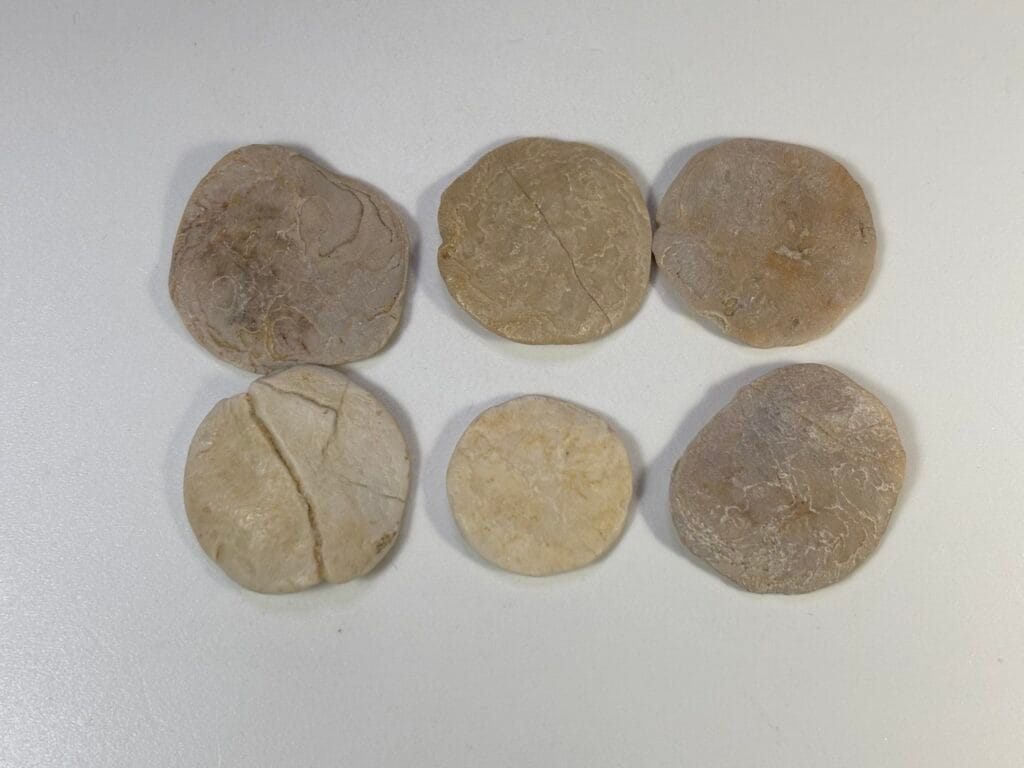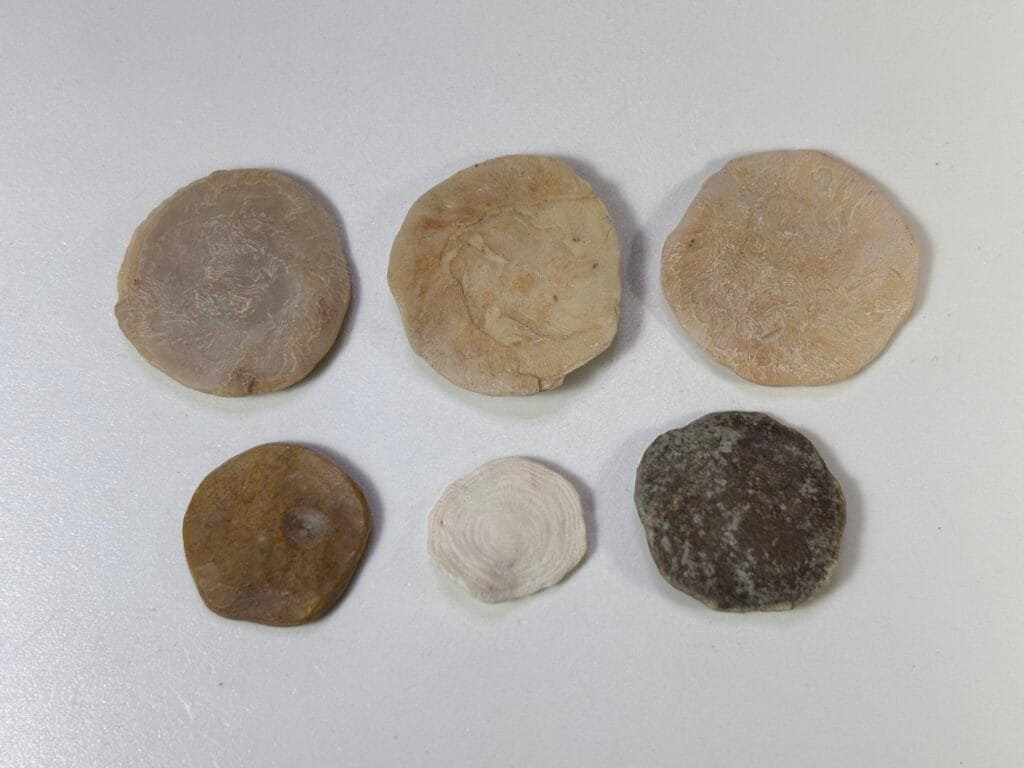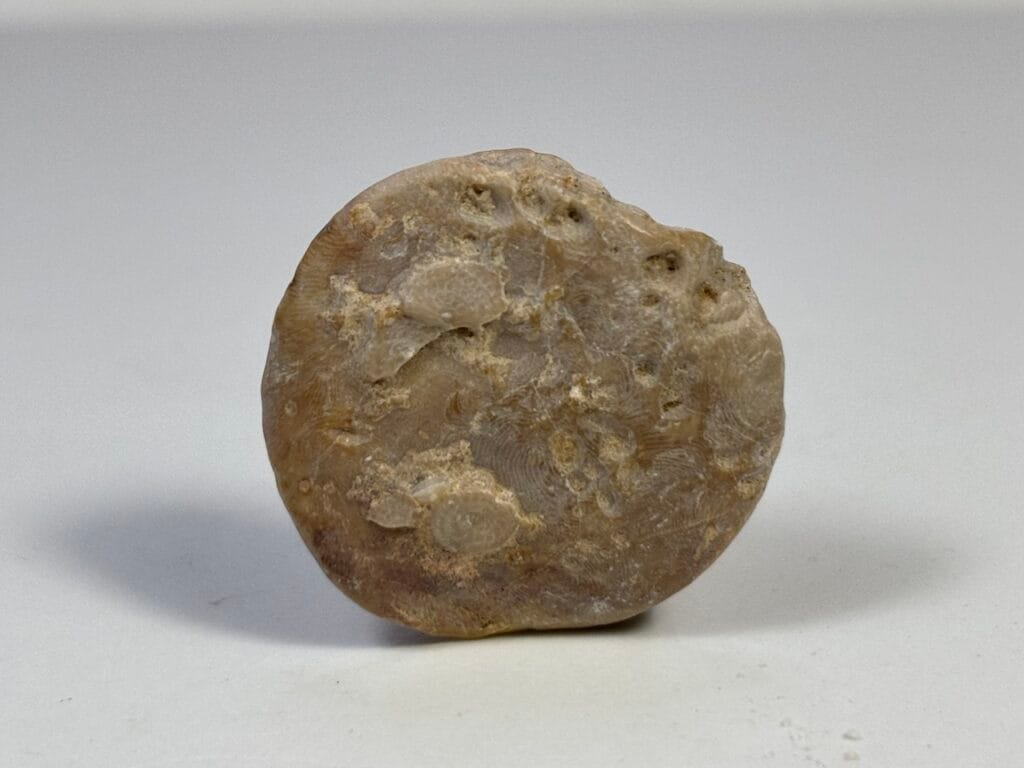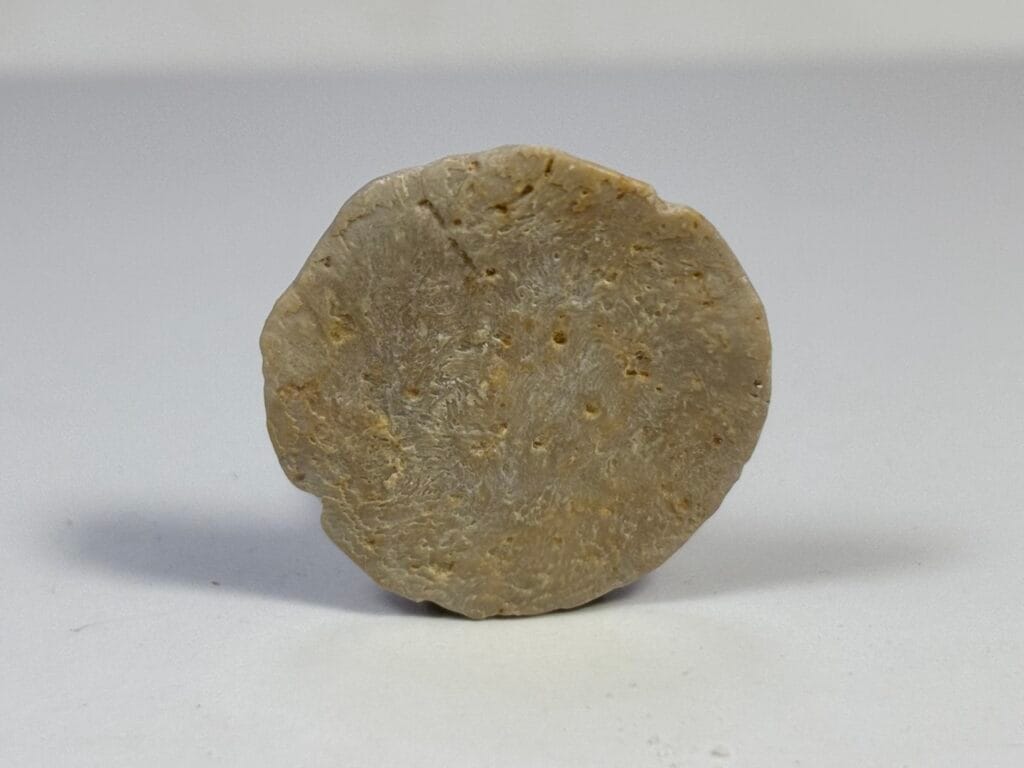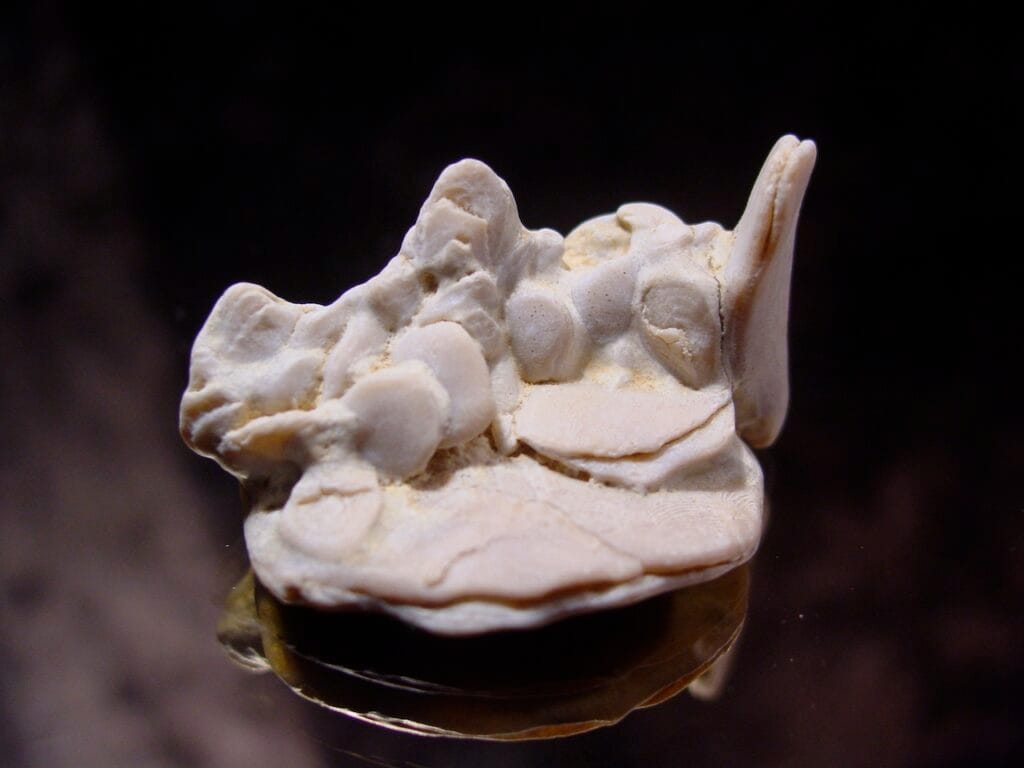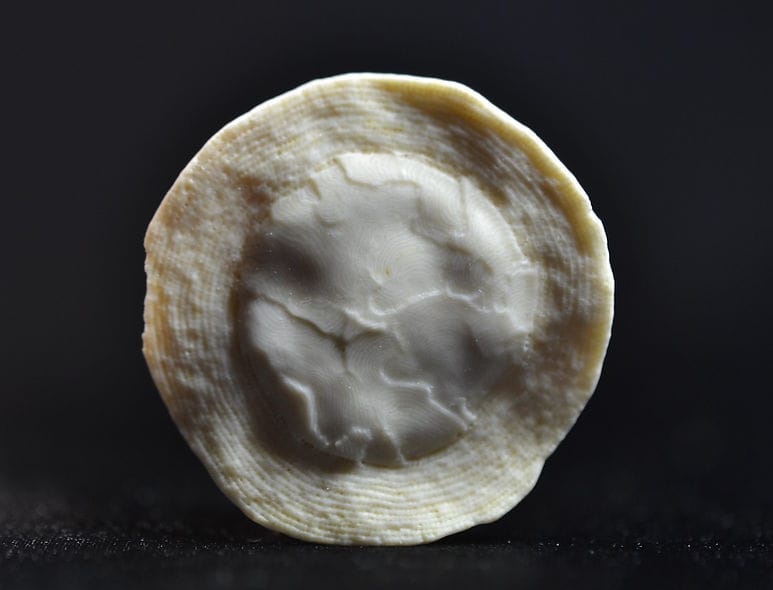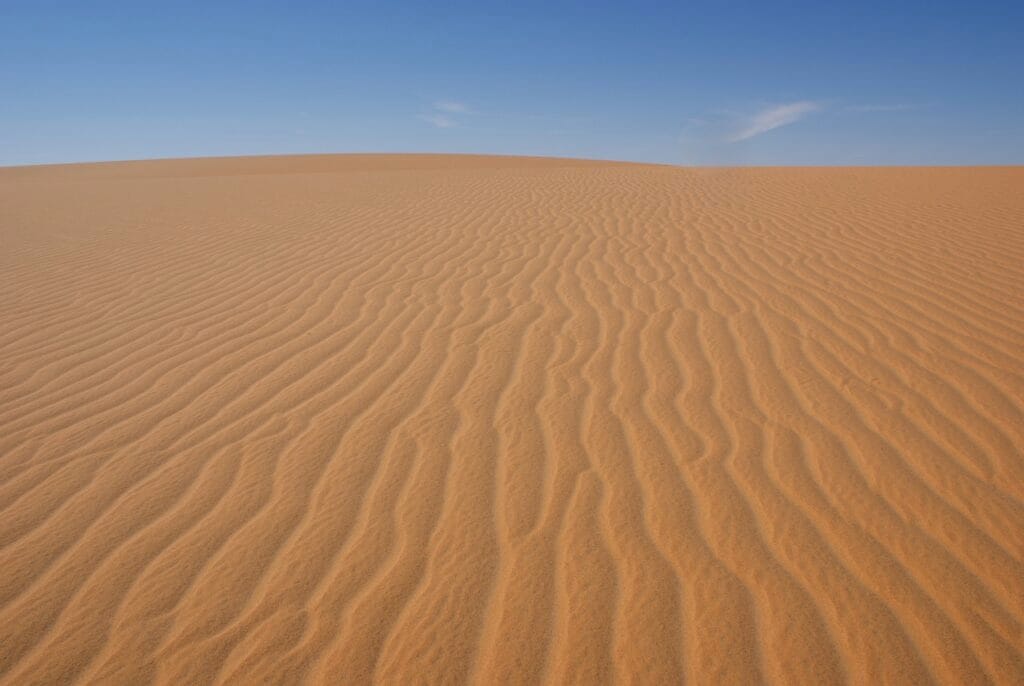Authentic Nummulite Fossils from Egypt – Collected South of Fayum Oasis
All of my nummulite fossils were carefully self-collected south of the Fayum Oasis in Egypt, one of the world’s most famous fossil-rich regions.
A nummulite is a large, lenticular fossil, characterized by its numerous coils subdivided into chambers. They typically range in size from 1.2 cm to 5 cm and are especially common in Tertiary marine limestone deposits across Egypt, southwest Asia, and the Mediterranean.
The ancient Egyptians valued nummulites highly—some were even used as early coins, and the pyramids of Giza were constructed with limestone containing millions of these fossils. The word nummulite itself comes from the Latin nummulus, meaning “little coin,” a tribute to their circular shape and historic use.
Recent studies show that many of Egypt’s greatest monuments—including the Pyramids of Giza, the Sphinx, and temples at Abydos and Fayum—contain limestone packed with intact nummulites. At the Great Pyramid of Cheops, they make up as much as 40% of the building stone, offering a direct link between these fossils and Egypt’s most iconic structures.
When cut or viewed in cross-section, a nummulite fossil reveals a perfect spiral, making it as beautiful as it is historically important. These fossils are not only sought after by collectors of natural history and geology, but also by those fascinated by Egyptian history and archaeology.
Each nummulite fossil from Sahara Gems is unique, authentic, and directly collected from Egypt’s desert landscapes near Fayum. Holding one is like holding a piece of both geological and ancient human history.
Explore the collection of Egyptian nummulite fossils now in my Etsy shop: www.saharagems.etsy.com
